This post may contain affiliate links. Please read my disclosure and privacy policy.
If you had asked me this question ten years ago, I would said, “Of course, peanuts are good for you!” Growing up, my dad usually had some sort of fitness magazine or diet book by his chair, and all of them recommended peanut butter as a healthy addition to meals. In fact, peanut butter is still considered one of the 12 “power foods” in the popular Abs Diet book (one of my dad’s favorites!), thanks to its heart-healthy monounsaturated fats.
As you can imagine, we had lots of peanut butter in our house.
You can also probably imagine my disappointment when I heard that peanut butter may not be so good for you, after all.
While peanuts are a decent source of plant-based protein, they are also highly susceptible to mold that produces aflatoxin– a carcinogen that has been associated with liver cancer (1), stunted growth in children (2), and mental retardation (3). On a positive note, research has shown that the aflatoxins may be reduced by as much as 89% when the peanuts are processed into peanut butter (4).
Another issue with peanuts is that they are high in Omega-6 fatty acids, which have been associated with an increased risk of inflammation and cardiovascular disease (5). Omega-3 fatty acids have been shown to help reduce this inflammation and risk of chronic disease, but Western diets tend to contain far too many Omega-6 fatty acids already (6), making peanut butter a poor choice for balancing out this ratio.
To add insult to injury, peanuts also contain lectins, which may promote cancer growth (7), and conventionally grown peanuts are highly exposed to pesticides– so buying organic is a must in this case. Peanut butter also tends to be a highly addictive food for many people, which can be a sign of intolerance, so if you find yourself unable to stop at a reasonable serving of peanut butter, you may want to try eliminating it for a period of time to see if it’s affecting you more than you realize.
—
So, knowing what I do now, why do I still make treats that include peanut butter?
There are a couple of reasons:
- Using all-natural peanut butter, without additives, is still a step in the right direction for people who are transitioning away from a mainstream diet. My Peanut Butter Cookies and No-Bake Peanut Butter Cup Bars, are definitely a step up from many processed treats! Progress, not perfection.
- My family still loves the taste of peanut butter. While I don’t think it’s necessarily healthy to consume on a daily basis, I try not to be militant when it comes to food, so peanut butter still has a place in our home–however occasional it may be.
The studies aren’t all bad when it comes to peanuts and peanut butter, either. One human study showed that adding peanut butter to the diet actually reduced triglycerides in the blood (8), and a Nurses’ Health Study showed that women who regularly ate peanut butter had a lower risk of developing Type 2 diabetes (9).
—
Of course, if you’d prefer to steer clear of peanut butter all together, there are plenty of alternatives available. I’m partial to almond butter in most cases, but sunflower butter is a great nut-free option, too!
Reader Feedback: How do you feel about peanut butter? Does it still have a place in your home?
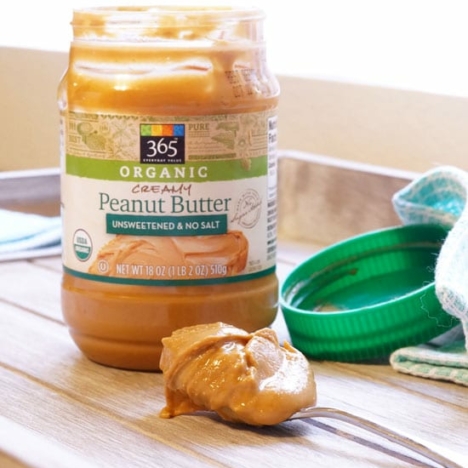
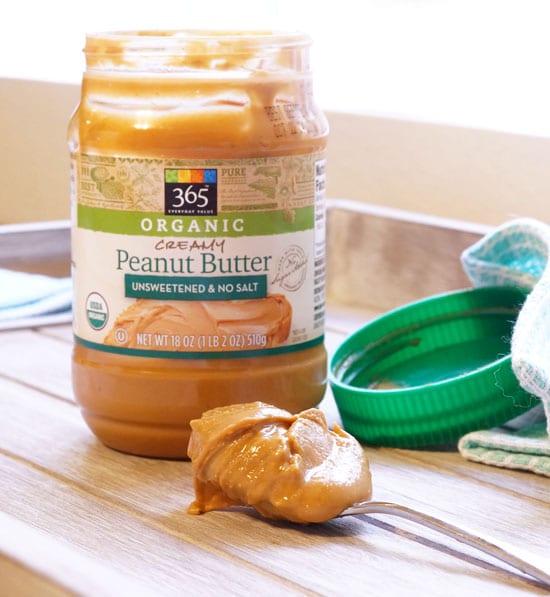
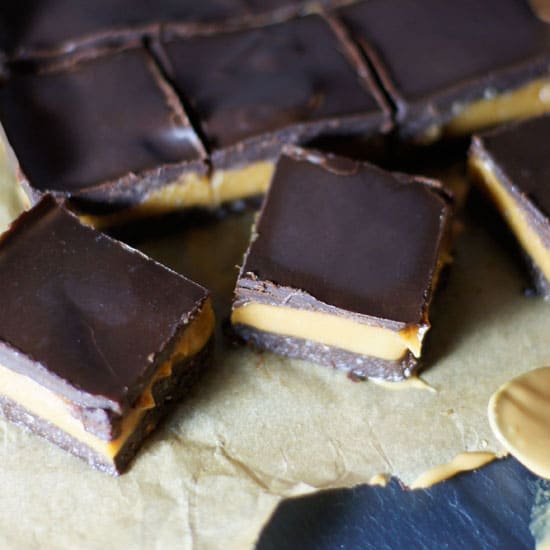

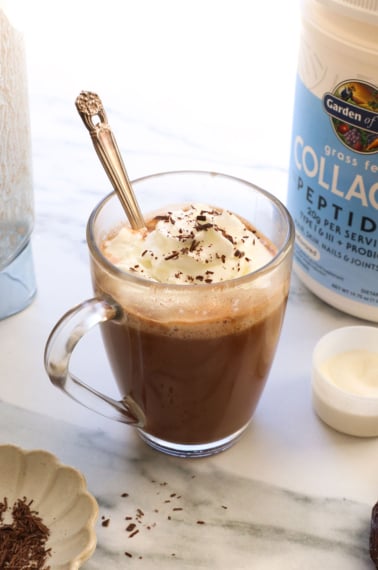
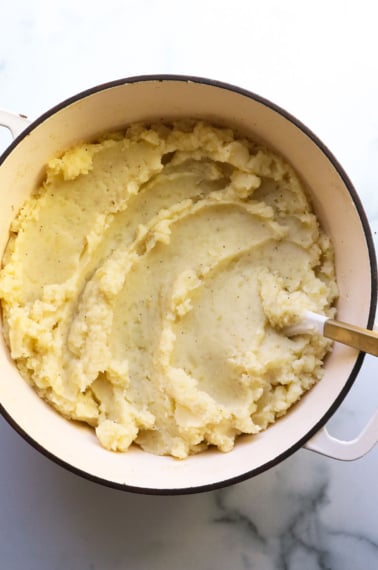
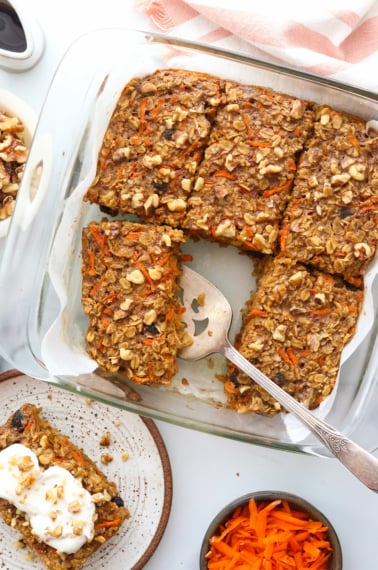
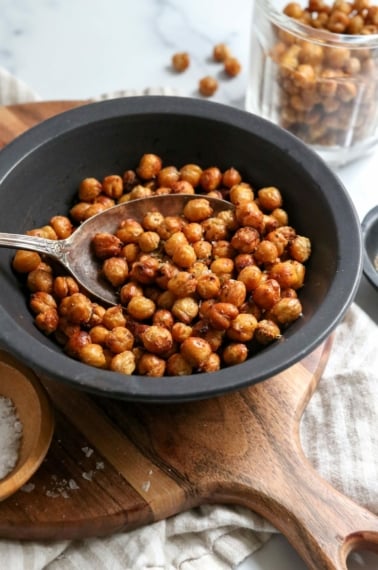






Thank you. When I view this through Facebook, there are no links. I’ll try out directly through you website.
How about some references to go with your statements, please. Right now, it appears to me that you’ve spent time making comments with no substantive basis. I can claim whatever I want, and espouse it as being true, and someone is going to believe it. I do my research on everything (comes from too many years of college research), and provide multiple references with which to substantiate my claims.
This addition will add much credence to what you claim. Right now, I have a hard time believing this column.
There are several references in the post above– when you see a number in parentheses, that is a link to the research or peer-reviewed study that I am referencing.
I appreciate your consideration of PB issues. I have learned some from the comments too, and will do my due diligence.
One concern I have that hasn’t been addressed, is that I’ve read that all almonds are now required (as of the past few years) to be blanched or irradiated for food “safety” reasons.
I certainly don’t want irradiated food. Does anyone have info on this, and whether non-irradiated brands are available? I would take blanching over radiation any day.
I started a discussion regarding almonds in this post: https://detoxinista.com/2012/08/are-your-almonds-truly-raw/
How about mixing some coconut oil & a pinch of artisan salt (fleur de sel) in PB? Actually, I do that all the time. 🙂
There are maybe five brands of organic PBs available in the Croatian market, among which I buy the one labeled PB mousse (99, x % peanuts + sea salt) and add pieces od cashews or roasted almonds to make it crunchy and oh, so much better! 🙂
As far as I know, aflatoxins (from the aspergillus mold) are heat sensitive. Roasting peanuts before consuming them can easily take care of the toxin. As mentioned here in comments- for anything to be toxic, dose/amount is always very important.